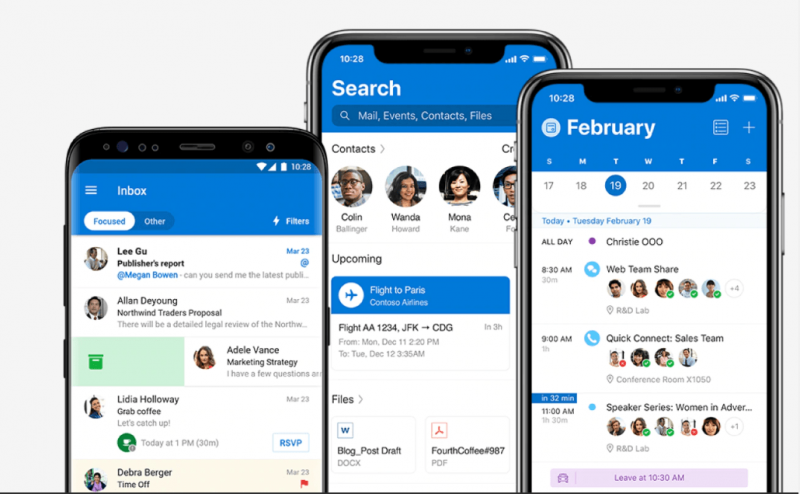
Users of the Microsoft Outlook for Android app should update their apps to avoid a range of attacks.
The bug (CVE-2019-1460) would allow an attacker to perform cross-site scripting (XSS) attacks on the affected systems and run scripts in the security context of the current user, according to Microsoft’s advisory on the bug. XSS occurs when malicious parties inject client-side scripts into web pages, which trick the unsuspecting user’s browser into thinking that the script came from a trusted source.
In this case, the computing giant said that the issue exists in the way Microsoft Outlook for Android software parses specifically crafted email messages – thus, an attacker could exploit the vulnerability by sending just such an email. Czech firm Cybersecurity Help said in a posting this week that the problem was an “Improper Neutralization of Input During Web Page Generation” problem that exists due to insufficient sanitization of user-supplied data.
The adversary would need to be authenticated to the same network as the potential victim in order to carry out an attack, Microsoft said.
A write-up by Symantec said that an attacker can exploit this issue to conduct spoofing attacks, while Cybersecurity Help added that an attacker could “steal potentially sensitive information, change appearance of the web page, perform phishing and drive-by-download attacks.”
Users should ensure that they have the latest version of the app, and update it manually if they haven’t received an auto-update.
Beyond installing that update, Symantec also noted that mitigation includes running the software as a nonprivileged user with minimal access rights.
Researcher Rafael Pablos was credited with finding the bug, which Microsoft rates as “important” in severity. It’s listed as having a 5.6 out of 10 severity rating on the CVSS v.3 vulnerability rating scale.
Is MFA enough to protect modern enterprises in the peak era of data breaches? How can you truly secure consumer accounts? Prevent account takeover? Find out: Catch our free, on-demand Threatpost webinar, “Trends in Fortune 1000 Breach Exposure” to hear advice from breach expert Chip Witt of SpyCloud. Click here to register.